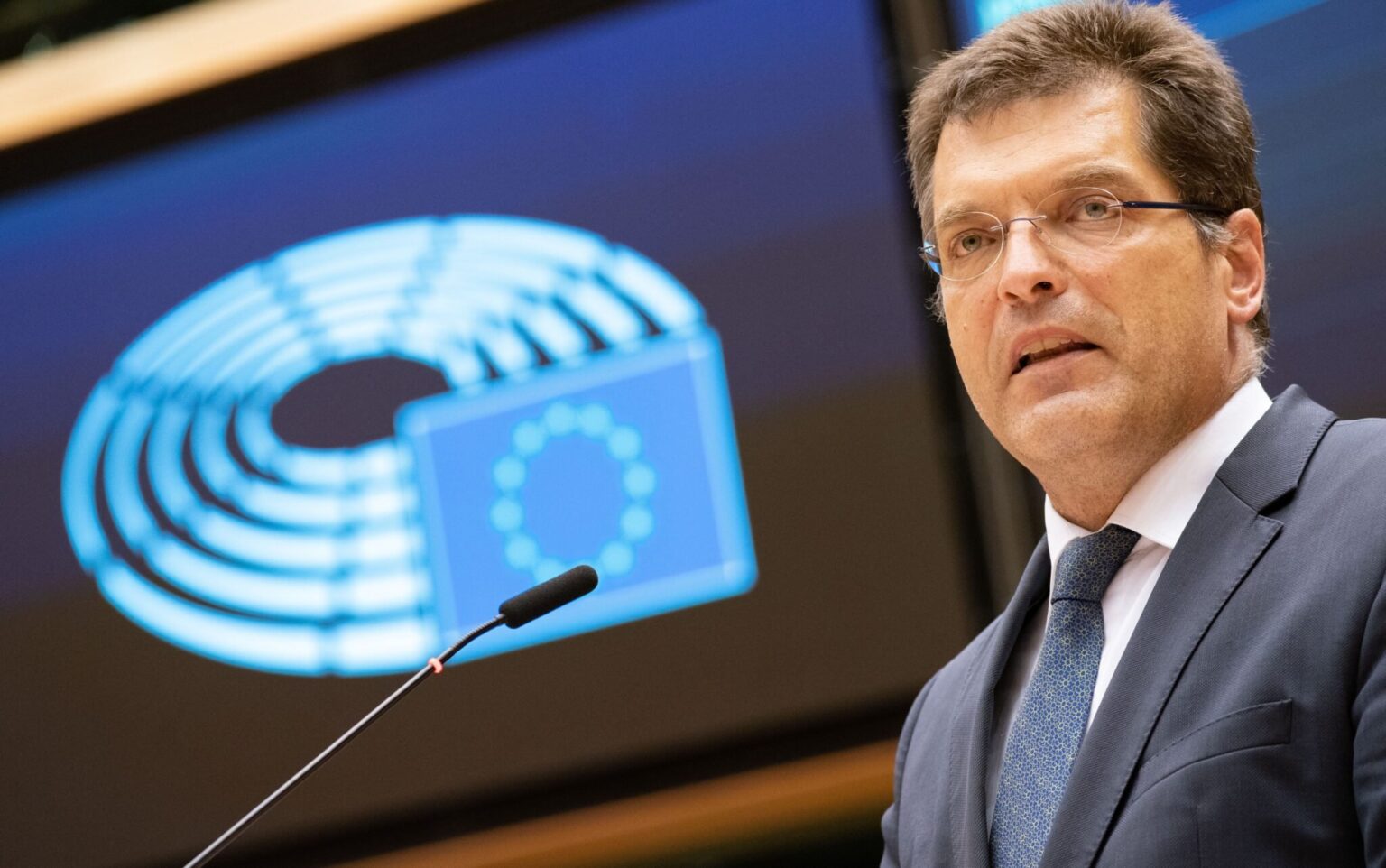By: Sara Kovač / Nova24tv
On Sunday, we exclusively reported that the Slovenian Commissioner for Crisis Management, Janez Lenarčič, had previously joined the appeal for conditioning the approval of the Slovenian recovery plan, worth 2.5 billion euros, in an attempt to harm his own homeland. When the news about this was made public, Tina Štrafela, who is in charge of communication with the public in the Commissioner’s office, responded with a delay but did not answer our questions. She assured the public that at no time and at no stage of the proceedings had the Commissioner advocated for the conditionality or blockade of Slovenia’s recovery plan. However, the question of whether or not, and why, Lenarčič’s cabinet supported the proposal prepared by Reynders, Jourova and Sinekivičius, to set a deadline for the appointment of Slovenian European Delegated Prosecutors, which would delay the approval of the recovery plan, remained unanswered – along with a few other questions.
As we have previously reported, Commissioner Didier Reynders’s cabinet asked to add a milestone in the appointment of Slovenian prosecutors to the European Public Prosecutor’s Office (EPPO). Vera Jourova’s cabinet noted that in some member states, including Slovenia, there are concerns about media pluralism, especially when it comes to state advertising, which only supports the pro-government media. They asked if the plan addressed these issues. The cabinet of Virginijus Sinkevičius called for a text on biodiversity support to be added and to ensure that DNSH rules are respected during implementation, especially for the infrastructure projects. Environmental issues affect the lives of citizens. All these demands were supported by the cabinets of Janez Lenarčič, Paolo Gentiloni and the cabinet of Commissioner Ylva Johansson.
Lenarčič evades answering the questions
When the news about the conditionality and suspension of approval for the Slovenian recovery plan was made public, Tina Štrafela responded to it, albeit a bit late, and wrote the following: “Regarding the insinuations, communicated in an extremely indecent and inadmissible manner, I would like to state the following fact: at no time and at no stage of the proceedings did European Commissioner Lenarčič advocate for the conditionality or blockade of Slovenia’s recovery plan.” However, Štrafela’s response does not actually answer the question of whether or not, and why, did Lenarčič’s cabinet support the proposals of the cabinets of Reynders, Jourova and Sinkevičius, to set a deadline for the appointment of the Delegated Prosecutors, which would delay the approval of the recovery plan.
It is not clear why Lenarčič decided not to answer the question clearly. It is, therefore, up to each and every one of us to interpret this move for ourselves. However, it is a fact that the Slovenian Commissioner, who is otherwise in charge of crisis management, has not yet been seen dealing with any sort of crisis in any way. Instead of trying to somehow help Slovenia receive the vaccines it ordered at the end of March, he much preferred to deal with media freedom. He got involved in this, despite the fact that his responsibilities include civil protection and humanitarian aid. Given that the media do not represent this field, and he had no problem engaging in these matters, he could have easily focused on mediation regarding vaccines.
Settling the political score should not be a priority and should not come before pursuing national goals. If, in practice, those who could act for the benefit of all citizens due to their positions actually did just that, then we would not be where we are today – instead, we would be in a much better situation. Thus, these people continue with their agenda of inditement, which does not lead anywhere. However, fortunately, the Slovenian recovery plan, which is worth 2.5 billion euros, has been approved. The state will initially receive 13 percent of all funds in advance, followed by the rest, based on the achieved goals.
